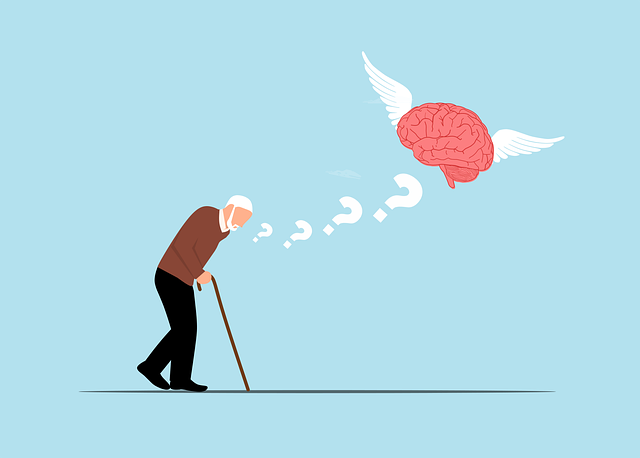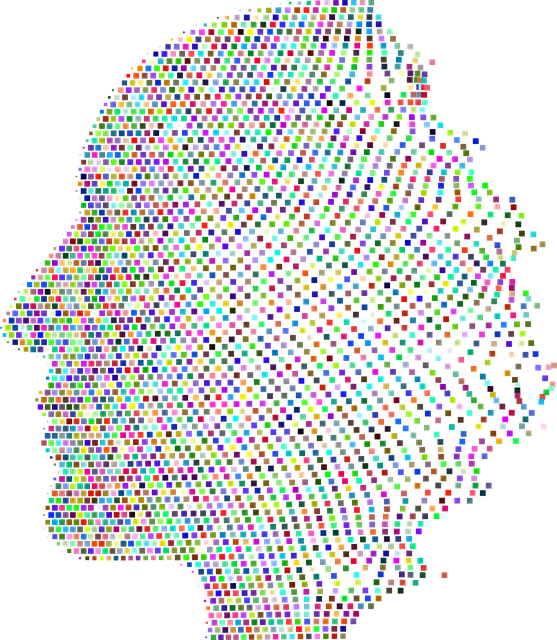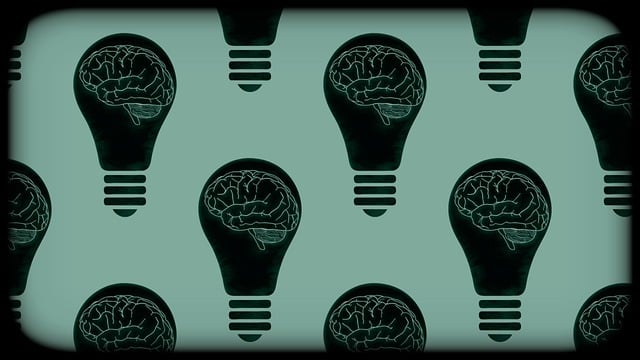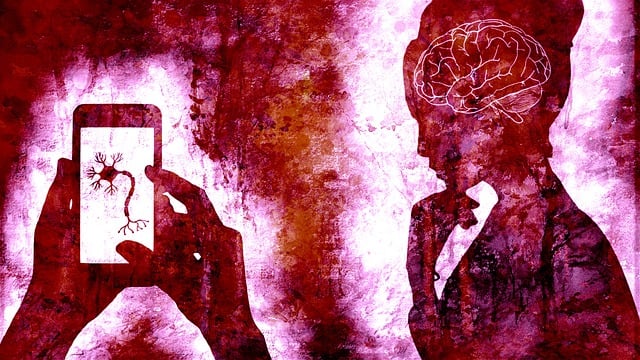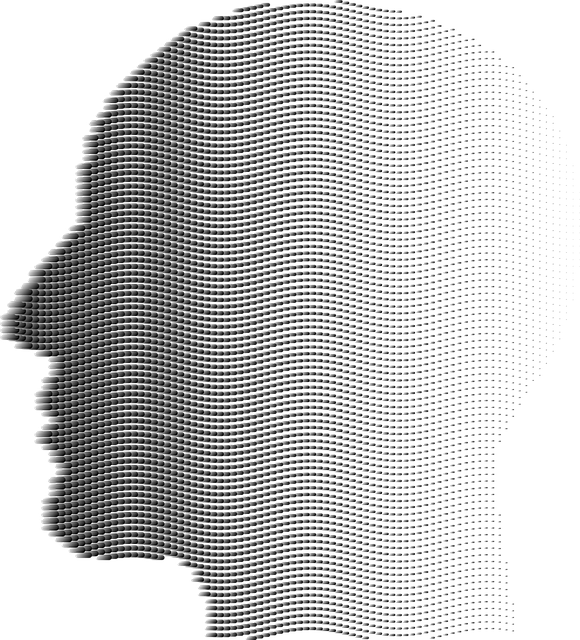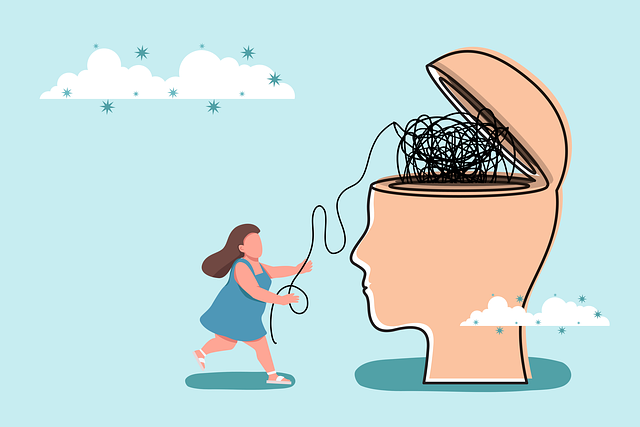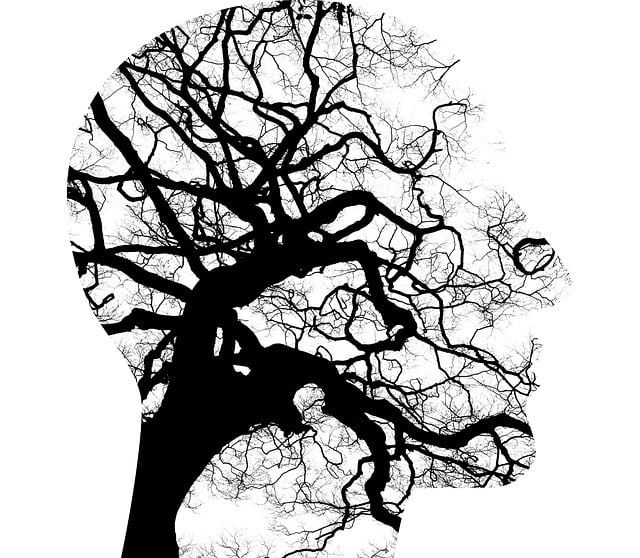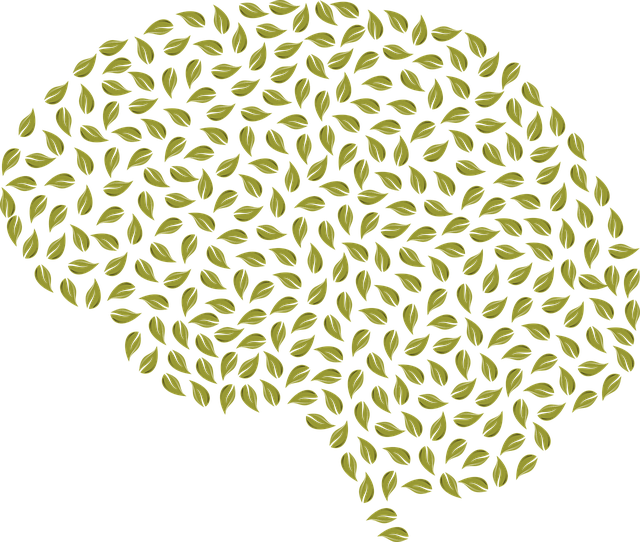Media portrayal significantly shapes public perception of mental health, with positive depictions fostering understanding and hope, while negative representations perpetuate stereotypes. In the digital age, platforms like Centennial Online Therapy offer accessible therapeutic services that address this need for better representation. By providing convenient support from home, incorporating modern techniques, and personalized treatment plans, Centennial Online Therapy revolutionizes mental health care, challenging stereotypes and guiding viewers towards productive conversations about mental well-being, crisis intervention, stress management, and mindfulness meditation.
In today’s digital age, media portrayal significantly influences public perceptions of mental health. Misrepresented or stigmatized depictions can exacerbate existing challenges, while accurate and compassionate media representation can foster understanding and reduce stigma. This article explores these issues, focusing on how Centennial Online Therapy offers a promising solution for promoting positive mental illness representation in media. We’ll delve into strategies to enhance portrayals, ultimately challenging negative stereotypes and encouraging more nuanced, empathetic narratives.
- Understanding the Impact of Media Portrayal on Mental Health Perception
- Exploring Centennial Online Therapy as a Solution for Accurate Representation
- Strategies to Enhance Positive Mental Illness Media Depictions
Understanding the Impact of Media Portrayal on Mental Health Perception

Media portrayal plays a pivotal role in shaping public perceptions about mental health and illness. The way mental conditions are depicted in movies, TV shows, and other forms of media can either foster understanding or perpetuate harmful stereotypes. Positive representations through compelling narratives that humanize individuals with mental illnesses can encourage empathy and reduce stigma. Conversely, negative or inaccurate portrayals may lead to misinformed judgments, potentially hindering those who struggle with seeking help.
This impact is particularly significant for young viewers, including the century’s online therapy trends. Accurate media portrayal of therapy, such as highlighting its accessibility through platforms like Centennial Online Therapy, can inspire hope and encourage individuals to prioritize their mental well-being. By presenting balanced perspectives that include successful treatment outcomes and recovery journeys, media can guide viewers towards constructive conversations about mental health, crisis intervention guidance, stress management techniques, and even mindfulness meditation practices.
Exploring Centennial Online Therapy as a Solution for Accurate Representation

In recent years, there’s been a growing recognition of the impact media representation has on shaping societal perceptions of mental illness. However, many portrayals fall short of accuracy, perpetuating stereotypes and misconceptions. This is where innovative solutions like Centennial Online Therapy step in as a game-changer. By offering accessible and comprehensive therapeutic services via digital platforms, it addresses the need for better representation in media. With a focus on individual needs, this online therapy approach allows individuals to receive professional support from the comfort of their homes, fostering a more nuanced understanding of mental health struggles.
Centennial Online Therapy not only provides a convenient alternative to traditional in-person therapy but also incorporates modern techniques such as compassion cultivation practices and social skills training. These strategies, combined with personalized treatment plans, can effectively tackle various mental health concerns. Moreover, by promoting accessibility, it ensures that even those facing burnout prevention strategies for healthcare providers—a common issue in the field—can find relief and support. This forward-thinking approach promises to revolutionize media representation of mental illness while offering tangible benefits to individuals seeking healing and understanding.
Strategies to Enhance Positive Mental Illness Media Depictions

Media has a significant influence on shaping societal perceptions about mental illness. To challenge negative stereotypes and promote understanding, there are several strategies that can enhance positive depictions in media. One approach is to encourage collaboration between mental health professionals and content creators, ensuring accurate representation through consultation and guidance. This can include therapy sessions shown in a realistic yet hopeful light, with professionals from platforms like Centennial Online Therapy providing insights on effective treatment methods.
Additionally, promoting diverse narratives with characters experiencing various forms of mental illness can help foster empathy among audiences. Implementing Mental Health Policy Analysis and Advocacy initiatives within media organizations can drive these changes, encouraging responsible storytelling. Encouraging self-awareness exercises through character development and showcasing recovery journeys can also be impactful. Community outreach program implementations, where real-life stories are shared, can further educate the public and contribute to a more nuanced understanding of mental health issues.
Media representation plays a pivotal role in shaping public perception about mental illness. By addressing the current challenges through innovative solutions like Centennial Online Therapy, we can foster more accurate and positive portrayals in media. Implementing strategic improvements in media depictions is crucial to reducing stigma and promoting understanding, ultimately enhancing support for those dealing with mental health issues.
